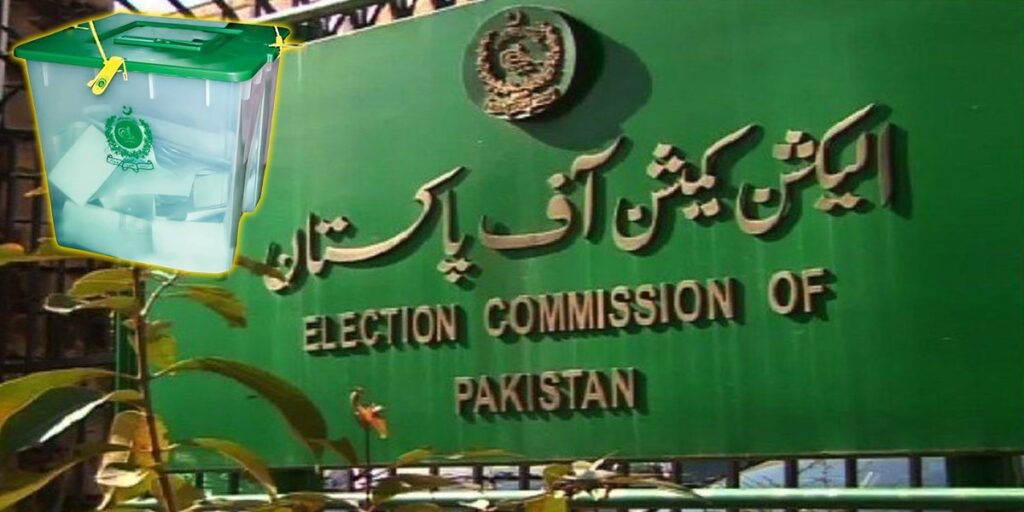ISLAMABAD: The Election Commission of Pakistan (ECP) has rejected the Balochistan government’s request to postpone local government elections in Quetta, the provincial capital of the province.
The electoral body, meanwhile, also directed the provincial administration to ensure foolproof security for the polls.
According to an official communication, the Balochistan government wrote to the ECP on October 31, seeking a delay in the Quetta local elections. The provincial authorities cited security and administrative concerns as reasons for the postponement.
After detailed deliberations, the electoral body decided against the plea and stated that the elections would be held as per the announced schedule and would not be postponed.
The commission instructed the provincial government to make comprehensive security arrangements to ensure peaceful polling.
Earlier, the ECP had issued the schedule for local government elections in Quetta. Under the plan, polling will take place on December 28, while nomination papers for general seats in urban union councils will be accepted from November 13 to 17.
The ECP emphasised that the timely conduct of elections is essential for strengthening local democracy and maintaining the constitutional timeline for local bodies in Balochistan.
The Balochistan government, in its letter, stated that the ongoing cold weather and the deteriorating law and order situation in the provincial capital could hinder the smooth and safe conduct of the elections.
It added that holding polls under the prevailing circumstances might create logistical and security challenges for both election staff and voters.
Last month, the Balochistan High Court had ordered holding of local bodies elections in Quetta.
BHC had ordered the Election Commission of Pakistan to conduct the local government election immediately.
Local government elections in Balochistan hold significant importance as they empower communities at the grassroots level and strengthen democratic governance.
The province has faced repeated delays in holding these elections due to administrative challenges, boundary disputes, and legal hurdles.
The last major round of local body elections was conducted in phases, with several districts awaiting new representatives for years.





